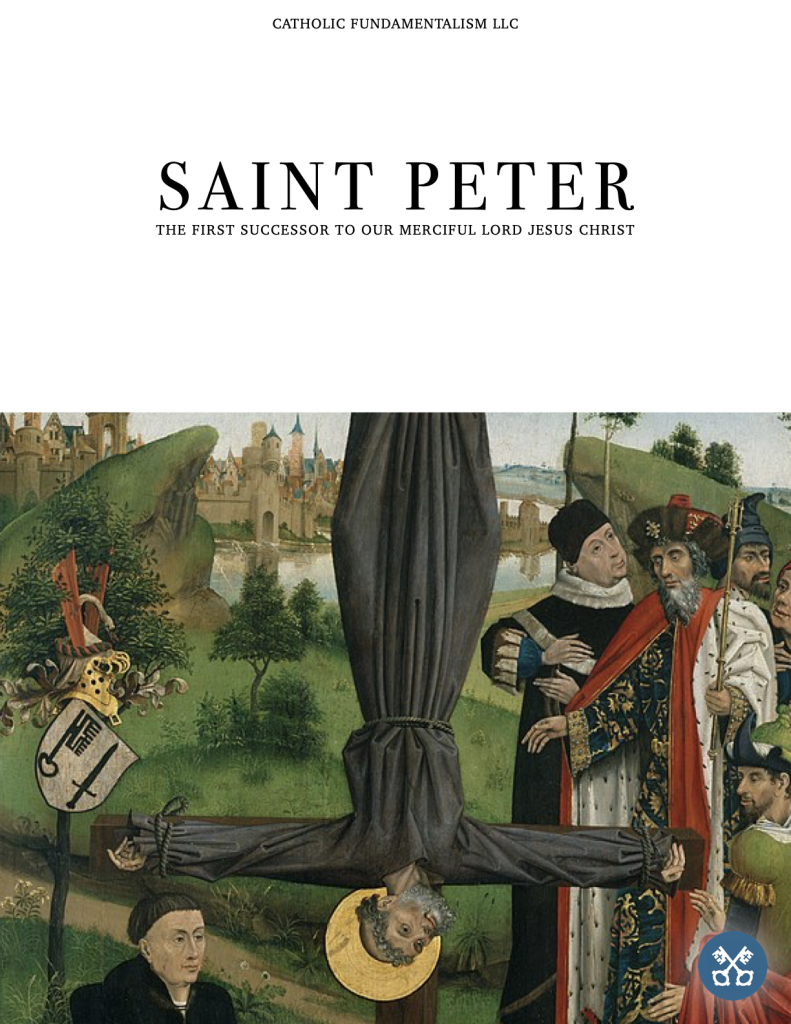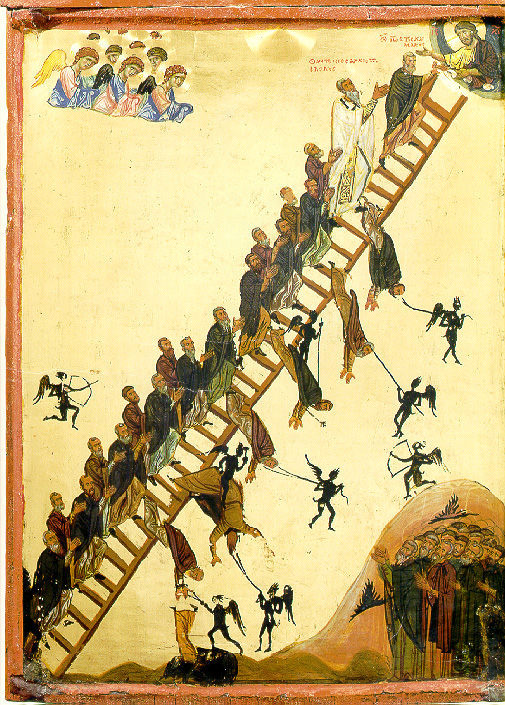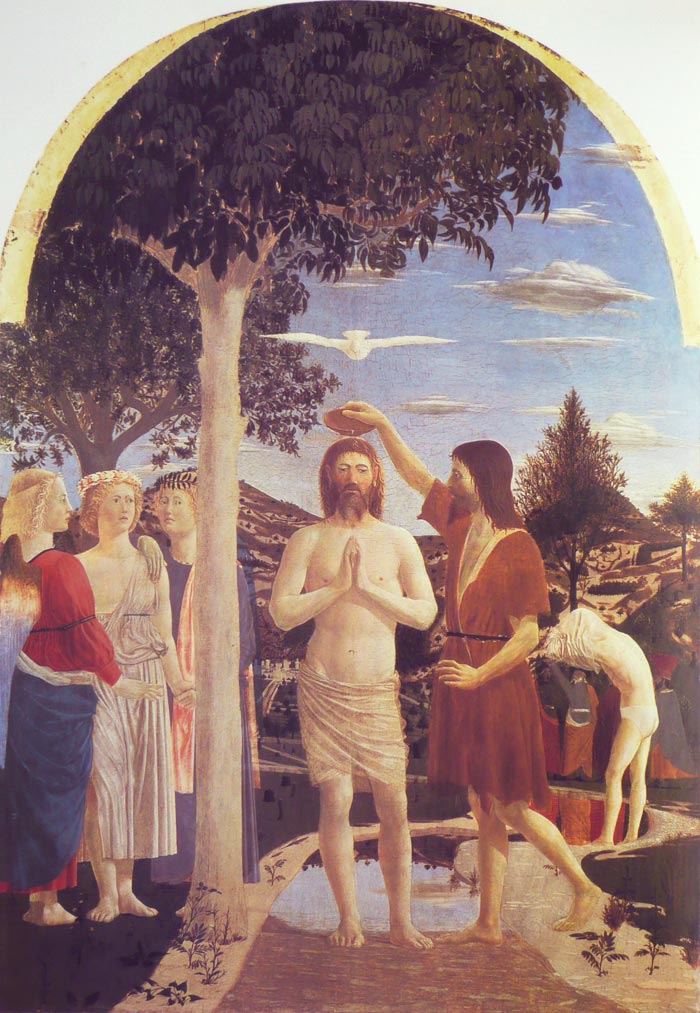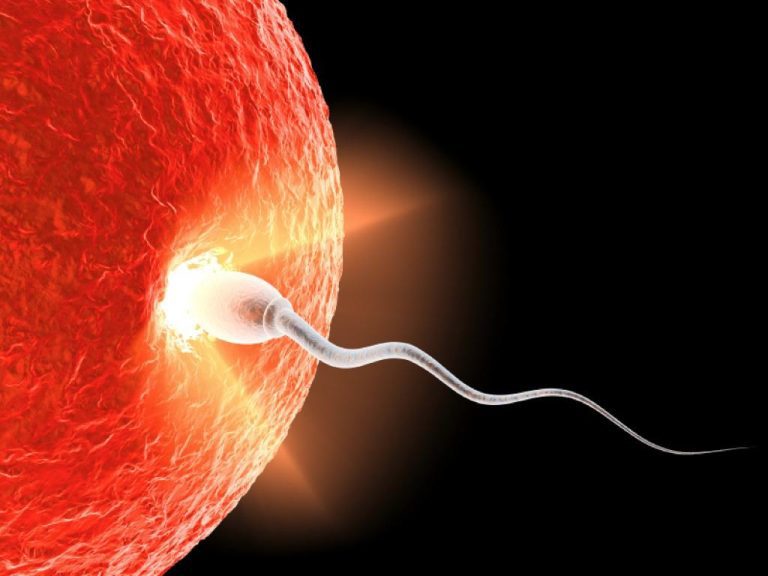Jesus lived a celibate life. He wanted no earthly distractions, like family or business, to distract Him from God and His parish. The Catholic Church requires that Her priests be like Jesus in this regard.
There have been times that those standards were relaxed. There still are married priests, in a few small Catholic orders. The clergy in schism are fond of focusing on, and magnifying, the relatively few instances of married clergy. They focus on that to justify their own lack of such standards, affirming the superior authority of The Church by claiming that their own behavior has had some, limited acceptance within Her.
Jesus may be seen as the first Catholic priest. His parish encompassed the world and thousands of years. His priests more truly follow His teachings and practice. Unlike the clergy in schism, they are required to be like Jesus in this regard. Celibacy minimizes distractions and attracts the kind of men to the priesthood who are able to be more thoroughly obedient than the clergy in schism.
Did Jesus say that His priests should be celibate? Today’s Reading, from Matthew 19: 3-12 includes this passage:
I say to you, whoever divorces his wife
(unless the marriage is unlawful)
and marries another commits adultery.”
His disciples said to him,
“If that is the case of a man with his wife,
it is better not to marry.”
He answered, “Not all can accept this word,
but only those to whom that is granted.
Some are incapable of marriage because they were born so;
some, because they were made so by others;
some, because they have renounced marriage
for the sake of the Kingdom of heaven.
Whoever can accept this ought to accept it.”
The key passage regarding priestly celibacy was not underlined or highlighted, but it should be obvious. Obedient Roman Catholic priests are among those who willingly recognize, and obey the clear meaning of: “. . . some (are celibate), because they have renounced marriage for the sake of the Kingdom of heaven”.
One of the saddest things Catholics see is the self-deception necessary for the clergy in schisms to get around many of these clear, direct passages whose meaning is obvious and plain. Those who make excuses to avoid the limitations on behavior clearly set out by Jesus in the above passage do so in other areas of the Sacraments.
The same people who ignore and twist clear language to avoid the need for clerical celibacy also do similar gymnastics to avoid “If you do not eat My Body and drink My Blood, you do not have life in you.”
What else do these poor, lost souls ignore? “Thou art Peter, and on this rock, I build My Church.”, has a clear meaning the clergy in schisms must avoid to keep from losing credibility. They also pass right over Christ’s words to the Catholic clergy: “Those whose sins you forgive on earth are forgiven in Heaven. Those whose sins you do not forgive on earth are not forgiven in Heaven.”
The real question that should be uppermost in the minds of the clergy in schism? Can the clergy in schism be forgiven for twisting and ignoring Scripture to make it fit their desires rather than controlling their desires so their behavior can be more fully obedient to Scripture?
What fate for the clergy in schism? Will God see that the good that some of them provide outweighs their disobedience?





